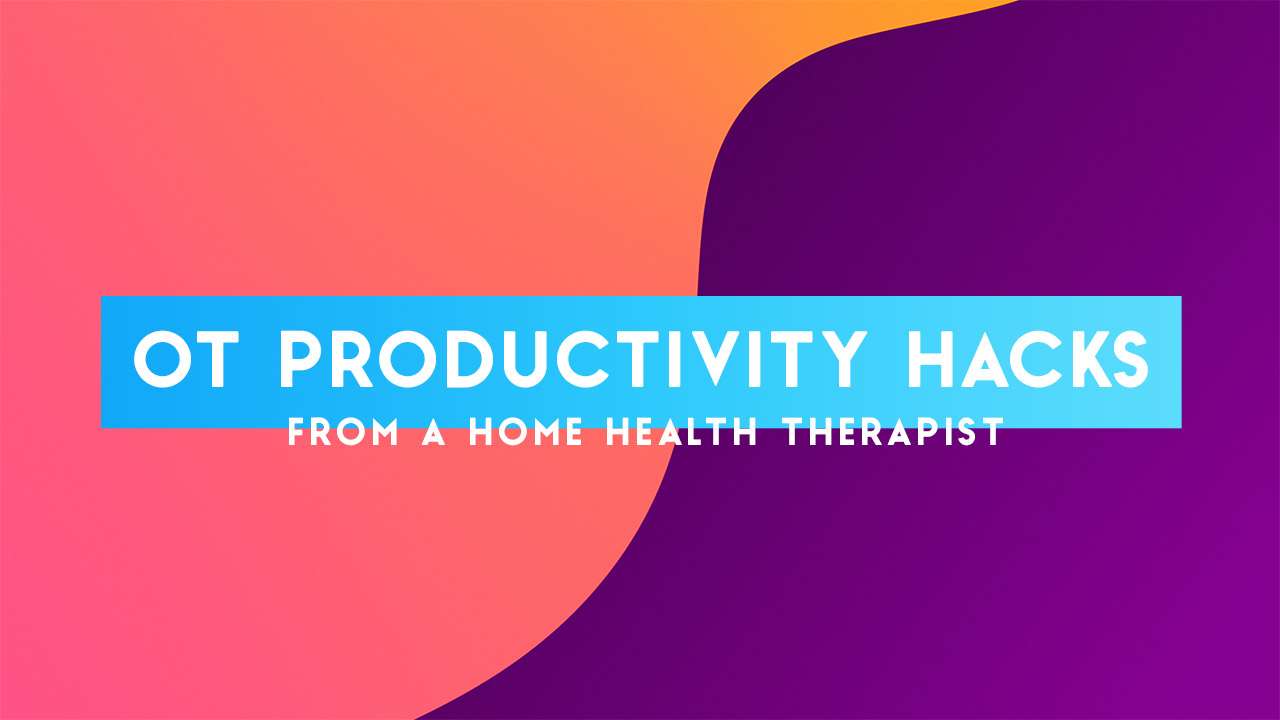Many music therapists work in adult mental health settings after qualifying. For many, it will be a challenging and even daunting prospect. Yet until now, there has been no psychiatric music therapy text providing advice on illness management and recovery.
This essential book fills the gap in the literature, providing the necessary breadth and depth to inform readers of the psychotherapeutic research base and show how music therapy can effectively and efficiently function within a clinical scenario. The book takes an illness management and recovery
approach to music therapy specific to contemporary group-based practice. It is also valuable for administrators of music therapy, providing innovative theory-based approaches to psychiatric music therapy, developing and describing new ways to conceptualize psychiatric music therapy treatment,
educating music therapists, stimulating research and employment, and influencing legislative policies.
An important aim of the book is to stimulate both critical thought and lifelong learning concerning issues, ideas, and concepts related to mental illness and music therapy. Critical thinking and lifelong learning have been – and will likely continue to be – essential aspirations in higher
education. Moreover, contemporary views concerning evidence-based practice rely heavily upon the clinician’s ability to think critically, seek a breadth of contradicting and confirmatory evidence, implement meta-cognition to monitor thoughts throughout processes, and synthesize and evaluate
knowledge to make informed clinical decisions relevant and applicable to idiosyncratic contextual parameters.
For both students and clinicians in music therapy, this is an indispensable text to help them learn, develop, and hone their skills in music therapy
Michael J. Silverman
Oxford University Press
, 2015 –
330 pages
, 2015 –
Psychology
0
Reviews
Reviews aren’t verified, but Google checks for and removes fake content when it’s identified
Many music therapists work in adult mental health settings after qualifying. For many, it will be a challenging and even daunting prospect. Yet until now, there has been no psychiatric music therapy text providing advice on illness management and recovery.
This essential book fills the gap in the literature, providing the necessary breadth and depth to inform readers of the psychotherapeutic research base and show how music therapy can effectively and efficiently function within a clinical scenario. The book takes an illness management and recovery approach to music therapy specific to contemporary group-based practice. It is also valuable for administrators of music therapy, providing innovative theory-based approaches to psychiatric music therapy, developing and describing new ways to conceptualize psychiatric music therapy treatment, educating music therapists, stimulating research and employment, and influencing legislative policies.
An important aim of the book is to stimulate both critical thought and lifelong learning concerning issues, ideas, and concepts related to mental illness and music therapy. Critical thinking and lifelong learning have been – and will likely continue to be – essential aspirations in higher education. Moreover, contemporary views concerning evidence-based practice rely heavily upon the clinician’s ability to think critically, seek a breadth of contradicting and confirmatory evidence, implement meta-cognition to monitor thoughts throughout processes, and synthesize and evaluate knowledge to make informed clinical decisions relevant and applicable to idiosyncratic contextual parameters.
For both students and clinicians in music therapy, this is an indispensable text to help them learn, develop, and hone their skills in music therapy
Preview this book
»
Many music therapists work in adult mental health settings after qualifying. For many, it will be a challenging and even daunting prospect. Yet until now, there has been no psychiatric music therapy text providing advice on illness management and recovery.
The new edition of this established and acclaimed text provides the necessary breadth and depth to inform readers of the psychotherapeutic research base and show how music therapy can effectively and efficiently function within a clinical scenario. The book takes an illness management and recovery approach to music therapy specific to contemporary group-based practice. It is also valuable for administrators of music therapy, providing innovative theory-based approaches to psychiatric music therapy, developing and describing new ways to conceptualize psychiatric music therapy treatment, educating music therapists, stimulating research and employment, and influencing legislative policies. For the new edition, all chapters have been updated, and 2 new chapters added – on substance abuse, and the therapeutic alliance.
An important aim of the book is to stimulate both critical thought and lifelong learning concerning issues, ideas, and concepts related to mental illness and music therapy. Critical thinking and lifelong learning have been – and will likely continue to be – essential aspirations in higher education. Moreover, contemporary views concerning evidence-based practice rely heavily upon the clinician’s ability to think critically, seek a breadth of contradicting and confirmatory evidence, implement meta-cognition to monitor thoughts throughout processes, and synthesize and evaluate knowledge to make informed clinical decisions relevant and applicable to idiosyncratic contextual parameters.
For both students and clinicians in music therapy, this is an indispensable text to help them learn, develop, and hone their skills in music therapy.
Michael Silverman specializes in music therapy for adults with mental illnesses and substance abuse disorders. In this AMTA-Pro podcast, he talks about single-session music therapy for individuals dealing with complex problems with complicated solutions. Although single-session psychiatric treatment is not ideal under these circumstances, it is a reality more often than not. But progress is evident when Michael uses high-quality, customized live music to develop connections and when he helps individuals remain realistic and focused as they develop solutions and identify resources available to them in the short term and in the community. Illness management and recovery is an established, evidenced-based treatment emphasizing functional management of the disease and promoting recovery. Michael provides a concise and clear overview in this podcast of educational music therapy interventions, research literature, and how to expediently engage patients in treatment in acute care mental health settings.
Single-Session Educational MT in Acute Care Mental Health Settings
May, 2017 AMTA-Pro Podcast
Michael J. Silverman, Ph.D., MT-BC
— + —
Michael J. Silverman, director of Music Therapy at the University of Minnesota and author of Music Therapy in Mental Health for Illness Management and Recovery, specializes in music therapy for adults with men tal illnesses and substance abuse disorders. In this AMTA-Pro podcast, he talks about single-session music therapy for individuals dealing with complex problems with complicated solutions. Although single-session psychiatric treatment is not ideal under these circumstances, it is a reality more often than not. But progress is evident when Michael uses high-quality, live music to develop connections and when he helps individuals remain realistic and focused as they develop solutions and identify resources available to them in the short term and in the community. Illness management and recovery is an established, evidenced-based treatment emphasizing functional management of the disease and promoting recovery. Michael provides a concise and clear overview in this podcast of educational music therapy interventions, research literature, and how to expediently engage patients in treatment in acute care mental health settings.
tal illnesses and substance abuse disorders. In this AMTA-Pro podcast, he talks about single-session music therapy for individuals dealing with complex problems with complicated solutions. Although single-session psychiatric treatment is not ideal under these circumstances, it is a reality more often than not. But progress is evident when Michael uses high-quality, live music to develop connections and when he helps individuals remain realistic and focused as they develop solutions and identify resources available to them in the short term and in the community. Illness management and recovery is an established, evidenced-based treatment emphasizing functional management of the disease and promoting recovery. Michael provides a concise and clear overview in this podcast of educational music therapy interventions, research literature, and how to expediently engage patients in treatment in acute care mental health settings.
Resources
Bloom, B. L. (2001). Focused single-session psychotherapy: A review of the clinical and research literature. Brief Treatment and Crisis Intervention, 1, 75-86.
Cameron, C. L. (2007). Single session and walk-in psychotherapy: A descriptive account of the literature. Counseling and Psychotherapy Research, 7, 245-249. doi:10.1080/14733140701728403
Campbell, A. (1999). Single-session interventions: An example of clinical research in practice. Australian and New Zealand Journal of Family Therapy, 20, 183-194.
Carr, C., Odell-Miller, H., & Priebe, S. (2013). A systematic review of music therapy practice and outcomes with acute adult psychiatric in-patients. PLoS ONE 8(8): e70252. doi:10.1371/journal.pone.0070252
Centers for Disease Control and Prevention. (2015). FastStats, April 8, Mental Health. Retrieved from http://www.cdc.gov.nchs/faststats/mental-health.htm
Dobson, D., & Dobson, K. S. (2009). Evidence-based practice of cognitive-behavioral therapy. New York: The Guilford Press.
Falloon, I. R. H., Boyd, J., & McGill, C. (1984). Family care of schizophrenia. New York: Guilford Press.
Kaffman, M. (1995). Brief therapy in the Israel kibbutz. Contemporary Family Therapy: An International Journal, 17, 449-468.
McGuire, A. B., Kukla, M., Green, A., Gilbride, D., Mueser, K. T., & Slayers, M. P. (2014). Illness management and recovery: A review of the literature. Psychiatric Services, 65, 171-179.
National Association of Psychiatric Health Systems. (2002). Trends in behavioral healthcare systems: A benchmarking report, the NAPHS 2001 Annual Survey Report. Washington, DC: Author.
Nathan, P. E., Stuart, S. P., & Dolan, S. L. (2000). Research on psychotherapy efficacy and effectiveness: Between Scylla and Charybdis? Psychological Bulletin, 126, 964-981.
Silverman, M. J. (2007). Evaluating current trends in psychiatric music therapy: A descriptive analysis. Journal of Music Therapy, 44, 388-414.
Silverman, M. J. (2015). Music therapy in mental health for illness management and recovery. New York: Oxford University Press.
Silverman, M. J. (2016). Effects of educational music therapy on state hope for recovery in acute care mental health inpatients: A cluster-randomized effectiveness study. Frontiers in Psychology.
Thomas, C. (2007). Music therapy and acute care psychiatric treatment. In B. J. Crowe & C. Colwell (Eds.), Music therapy for children, adolescents and adults with mental disorders (pp. 125-132). Silver Spring, MD: American Music Therapy Association.
Talmon, M. (1990). Single session therapy: Maximizing the effect of the first (and often only) therapeutic encounter. San Francisco, CA: Jossey-Bass.
About the podcast speaker
Michael J. Silverman, Ph.D., MT-BC, is director of Music Therapy at the University of Minnesota. The author of Music Therapy in Mental Health for Illness Management and Recovery (published by Oxford University Press in 2015), he specializes in music therapy for adults with mental illnesses and substance abuse disorders. An active presenter at national and international conferences, Dr. Silverman currently serves on the Editorial Boards for the Journal of Music Therapy, Journal of Creativity in Mental Health and the World Journal of Methodology and frequently provides guest reviews for other refereed journals. Dr. Silverman has published articles in peer-reviewed journals including the Journal of Music Therapy, the Nordic Journal of Music Therapy, Archives of Psychiatric Nursing, the Substance Use and Misuse, and the Arts in Psychotherapy. Dr. Silverman is a member of the research staff at the University of Minnesota Medical Center, Fairview, where he conducts music therapy clinical work and research with mental health and substance use populations. In recognition of his teaching, Dr. Silverman is a member of the Academy of Distinguished Teaching Professors at the University of Minnesota. Dr. Silverman has also served as an elected member on the Board of Directors for the American Music Therapy Association since 2013.
Single Session EMT Acute (2016.11.8)



